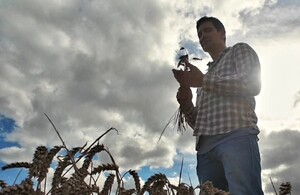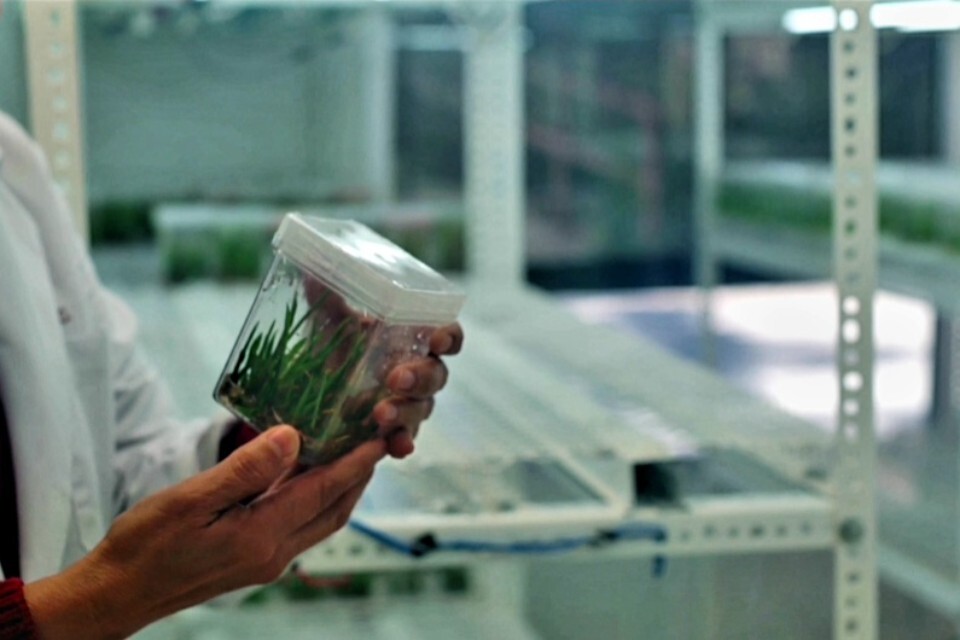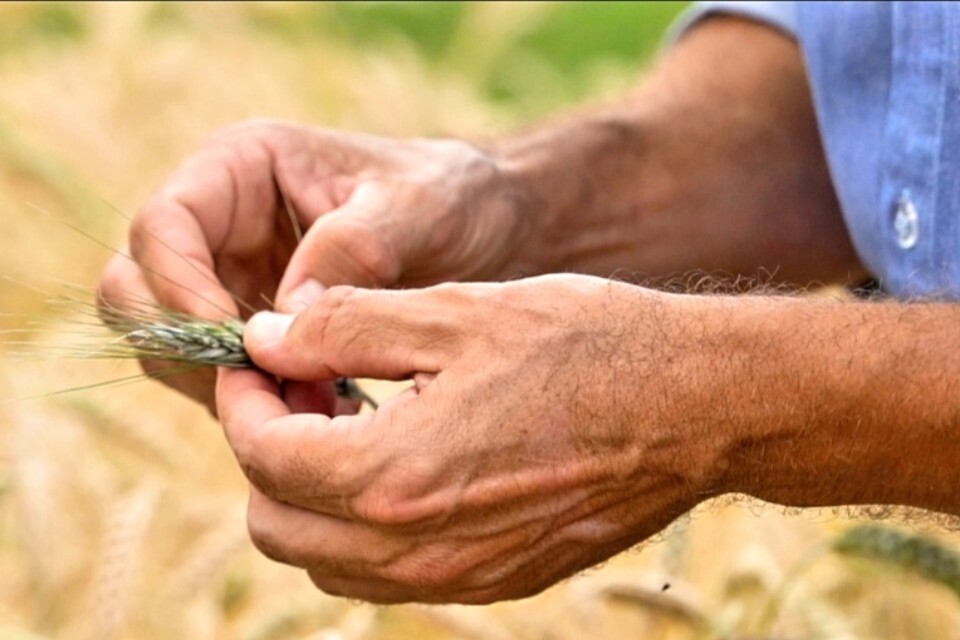UK works with Mexico to mitigate the threats of climate change
UK-Mexico Partnership results in hardier wheat varieties in Sonora able to survive the threats of climate change

Climate change has had a strong impact on Mexico’s biodiversity. It is an ongoing threat to wheat, an important, staple cereal in the Mexican diet. As a result, wheat production has decreased in Mexico and many farmers have been less wondering if they should stop growing this crop altogether. If this were to happen, it would have a disastrous impact on consumers, as well as the economic development of many communities throughout Mexico.

Sonora, in northern Mexico, is the largest wheat producer in the country. It has better yields than its neighbours the United States and Canada and many other countries. The favourable growing conditions in Sonora include the climate and abundance of good quality land. These factors, combined with locally developed technology and government supported infrastructure like laboratories, have made it possible to identify new wheat varieties and their tolerance levels to disease, drought and heat.
For obvious reasons, much of the economy of Sonora revolves around wheat and helps to improve the standard of living of approximately 50% of the population. Therefore, it is critical to safeguard wheat production from the stresses generated by climate change. Dr Elisa Valenzuela Soto, senior researcher at the Research Centre for Food and Development (CIAD) and biochemist from the National Autonomous University of Mexico (UNAM), is concentrating her work on this very problem.

Dr Valenzuela obtained funding from the Newton Fund to identify wheat traits and genes, which are more tolerant to climate change. In this work, she had research partners from the United Kingdom (UK). These were Dr Sigrid Hegel and Dr Mathew Pol from the Rothamsted Research Institute. This joint work employs molecular biology to identify specific genes for traits like heat tolerance followed by improved genetic selection and enhancement in wheat plants. The same techniques can be applied to other crops. Together both teams will translate their research findings into crop improvement applications. This important project is establishing a platform for scientists and researchers in both countries to improve their technical and innovation skills.

The results of this productive collaboration between the Newton Fund and the State of Sonora demonstrates the UK’s commitment to inclusive and sustainable economic development for the challenges being faced today by local communities in Mexico. It is hoped that this experience can be replicated in other parts of the country where similar challenges to the wheat ones in Sonora exist.